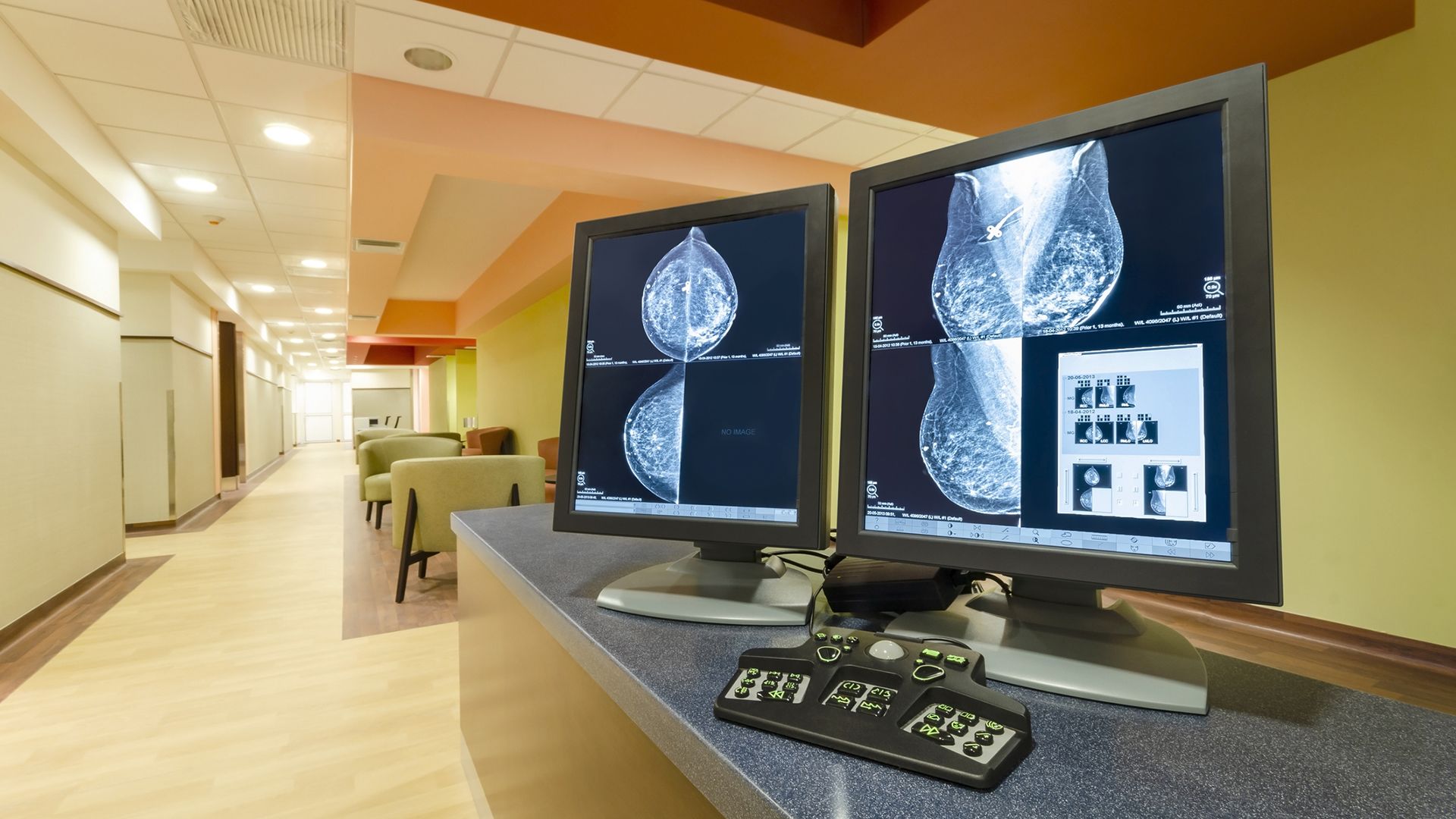Updated on November 15, 2023
Many people who are diagnosed with metastatic breast cancer (MBC) continue to work after their diagnosis. For some, this is out of necessity, because they depend on their job for health insurance and income. For others, work is an essential part of personal identity, social life, and purpose. And for many, it may be a combination of these needs—a person can need to keep working, but also want to keep working.
The strategies below can help you think about the ways work may impact your cancer treatment, and the ways cancer treatment may impact your work.
Learn about your diagnosis
Metastatic breast cancer affects everyone differently. It affects people at different ages and people with different medical histories. It spreads to different parts of the body and causes different symptoms. It responds to different treatments. It is important to work with your healthcare team to learn as much about your cancer diagnosis as possible. The more you understand about your diagnosis, the better prepared you will be when you need to make a decision.
Learn about your treatment options
Because every person’s diagnosis is different, treatment for MBC is individualized, or tailored to meet a patient’s specific needs. Chemotherapy, targeted therapies, immunotherapies, and hormone therapies are all used to treat MBC, and a treatment plan often includes some combination of these therapies. In some cases, radiation therapy and surgery are used to shrink, destroy, or remove tumors. It is important to understand which treatments your healthcare providers (HCPs) recommend (and why), what side effects to expect, what the recovery from treatment will be like, and the timeline for your treatment plan.
Talk about work with your healthcare provider
In addition to discussing your diagnosis and treatment options with your HCP, make work a part of the conversation. Be prepared to talk about the mental and physical demands of your job, the number of hours you work each week, and any concerns you have about how MBC or treatment will impact your ability to work.
Talk to an oncology social worker
Many hospitals and treatment centers employ oncology social workers. Oncology social workers can provide counseling and emotional support, answer questions about your diagnosis and treatment, and help you find a support group or psychologist. They can also help you understand the laws and employer resources that you might need, such as the Family Medical Leave Act. An oncology social worker can be a sounding board when making a decision about your work, and can help you apply for things like short-term disability coverage and financial aid to help pay for treatment.
Talk to your loved ones
Living with MBC can be extremely challenging, both physically and mentally. Support from friends and family is important. This includes emotional support, as well as help with practical things like shopping, errands, preparing meals, and household chores. Working while treating MBC may mean asking for additional support, and you’ll need to know who can pitch in and how.
Anticipate that people may question your decision to keep working. Jobs can be time-consuming and stressful. Your friends and family may want to see you spend fewer hours at work and more time looking after your health or being around the people who care about you.
Understand your personal finances
Metastatic breast cancer is a financial burden for many people. Out-of-pocket costs can be high and come at a time when many are making less due to missing workdays or having to take time off. Know that there are resources available that can help. A number of organizations provide financial aid for qualified patients. Having a full and organized picture of your personal finances will help you understand what you qualify for and what resources you have available. If you have a loved one who has a strong understanding of personal finance, this may be a time to ask for help. This is also something you may want to discuss with an oncology social worker.
Think about what you want
Being diagnosed with MBC is a life-changing experience. There is no right or wrong way to feel. Advocate for yourself during treatment, advocate for yourself at work, and make decisions that are in line with what you want and need.






